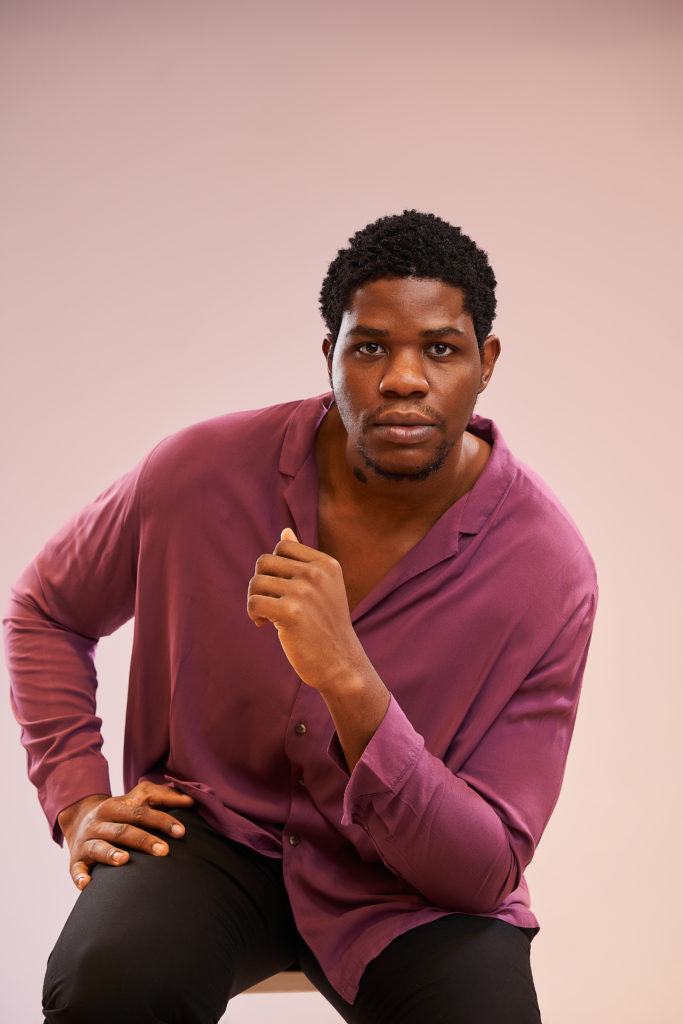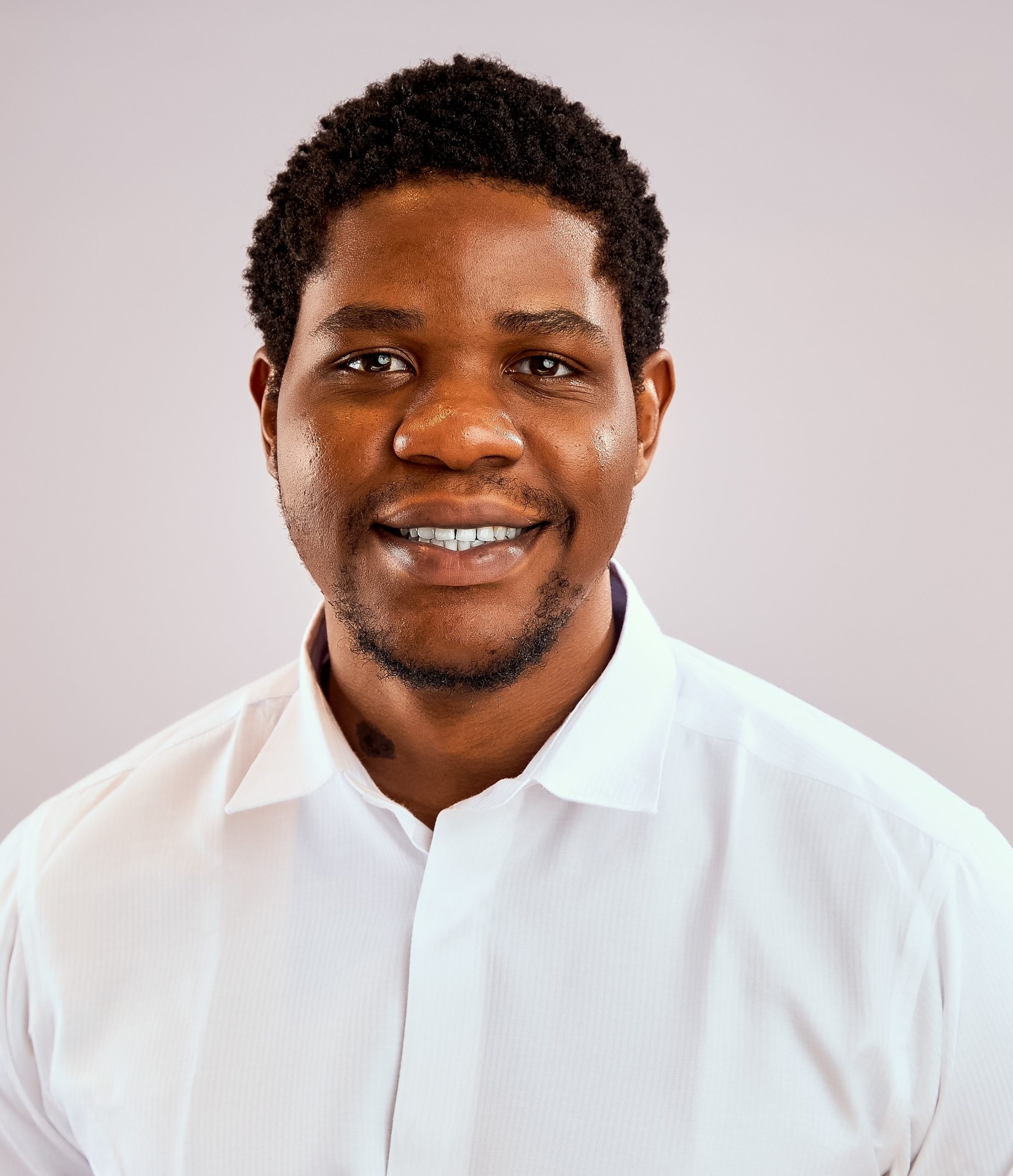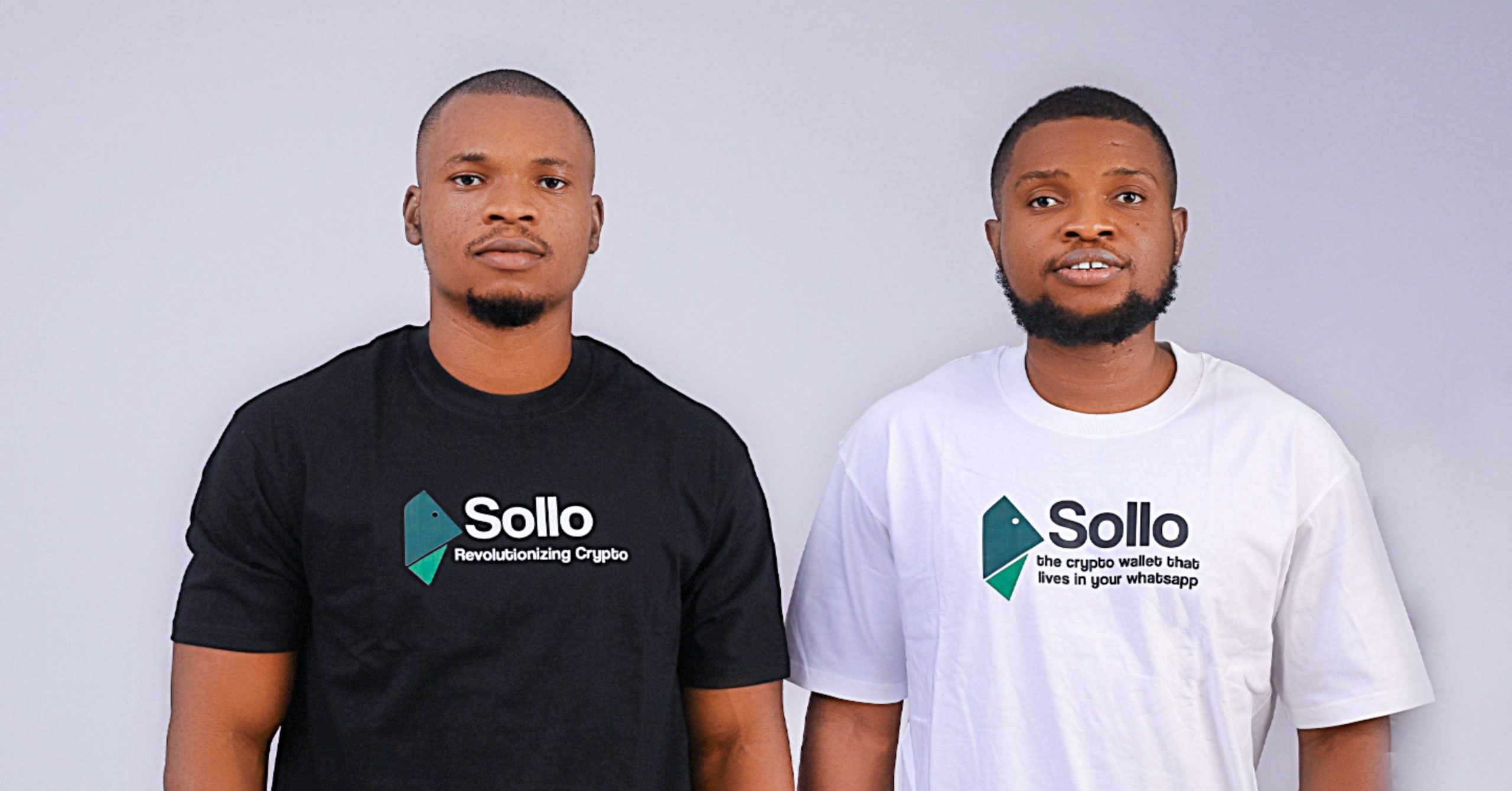Founded by Duke Ekezie and his brother Kennedy Ekezie in May 2021, Kippa is a financial management and payments platform for small businesses in Nigeria. In a world overflowing with tech ideas and few viable solutions, Duke Ekezie, co-founder and President of Kippa is concerned with asking the question of “What problems can I solve?”, as opposed to “What solutions can I build?”. This approach to building around existing big enough problems is what has led to the growth and evolution of Kippa from a simple bookkeeping app to an all-round business management and banking solution.
I previously spoke to Duke when he had just assumed the position of President at Kippa and now after one full year of presidential duties, I caught up with him to discuss all things Kippa and how he’s been juggling life while running a fast-growing business.
Let’s take this from the top, how did you get on this journey to becoming Kippa’s president?
My journey as an entrepreneur began during my university years. I spent a lot of my time in the university taking on internships and development projects at a few different companies. In my third year, I worked at KPMG, and I interned at CitiBank, and in my final year, I worked as a Strategy and Marketing Consultant with Tiktok, to help guide their market entry strategy into Nigeria. Towards the end of my final year in 2019 my brother, Kennedy, and I began to have conversations about the type of venture we wanted to pursue. Kennedy led an NGO at the time, called Africave which connected bright young Africans to global professionals who provided strategic mentorship and guidance to these fellows.
…Tell us a little about Africave
The initial concept behind Africave was to train young students, connect them with mentors, and provide them with the resources and skills they needed to advance their careers. Sometime at the end of 2019, we started asking ourselves fundamental questions around what we wanted to spend the rest of our lives doing, and at that point, a lot of our answers revolved around contributing greatly to the human capital development of the continent. Kennedy was already doing that with the NGO, but we knew that the idea could morph into something more grand and better than what it was at that time. At the time, we decided to double down on software engineers and increase their professional potential by connecting them to software companies globally that required engineering talent. We shutdown Africave in 2020 due to the COVID 19 pandemic – a lot of companies were scaling back on hiring, and we lost most of the contracts we had signed.
These previous experiences are very different from what you do now at Kippa. What inspired you to co-found Kippa and venture into the fintech industry in Nigeria?
Kippa’s journey began in 2021. We came across a statistic that stated that approximately 50% of small businesses in Nigeria fail within the first five years of operation, and we immediately knew it was an interesting problem that we could bite on. We were deeply interested in this problem and decided to pick up our bags, and travel extensively across the country knocking on the shops of several merchants, in an effort to get a first hand understanding of the problems these business owners face, and understand the challenges that made this statistic exist from their perspective. One thing they all had in common was that they still relied heavily on manual procedures to manage their various business operations, which was extremely inefficient. One thing that stood out to us was the fact that these businesses still managed their record keeping processes using pen and paper, and we decided to double down on that problem. That was the story of the founding of Kippa.
Fintech is a rapidly growing industry in Nigeria. What sets Kippa apart from other fintech companies in the market and what strategies have you employed to stay competitive?
Compared to other fintech companies in Nigeria, Kippa is strongly user-centred in its operations. Initially, Kippa only offered a bookkeeping service to businesses. It became clear over time that there were a lot more problems that small business owners faced and needed to be solved, so gradually, we introduced other services like payment services, business registration, agency banking, and more recently, insurance. More than 600,000 businesses actively use Kippa in their operations, and I believe that the only reason why they’ve stuck with us is because of the convenience that we provide with our services.
We’ve also adopted several novel approaches to distinguish ourselves from our competitors in the industry. For instance, we are very keen on fostering a sense of community among our users, thus, we adopt an approach that ensures we are easily accessible to our customers via all of our respective customer service channels. Through our blog and newsletter channels, we share tips and useful information that business owners can adequately benefit from.

Let’s come back to talking about you. The last time we spoke, you had just become Kippa’s president, what has changed since then and what is your vision for the future of Kippa?
My motivation, vision, and goals have always been the same; to solve the problems associated with the inefficiency of manual procedures in business operations. They haven’t changed much since the last time I spoke with TechCabal. Being president entails new responsibilities and, of course, new challenges. But, as previously stated, my motivation has not wavered.
For Kippa’s future, we want to be the number one business management tool or software that helps businesses answer their many complex questions and make their processes a lot more efficient. We plan to provide value to business owners by leveraging not only application software but by building community around business education. Businesses face numerous challenges and the future for us is to contribute to the development of a more robust tool that can solve these numerous complex problems one at a time.
How do you balance the demands of running a successful fintech company with your personal life? What strategies do you employ to maintain a healthy work-life balance?
Of course as an entrepreneur, your work-life balance will suffer, but I try to be as present as I can with family, friends and everyone else I know are important to me. I love connecting with my surroundings and with other people as well, so on some days, I try to go out, hang out, catch up with people, etc.
How do business and brotherhood work? You were one of the first Africans at TikTok together with your brother and now you’re both at Kippa. Does your relationship impact work in any way?
Finding and having a co-founder is a pretty long rollercoaster ride. One of the most important things to consider in a co-founder is having someone whose shoulders you can lean on at all times, and I believe that there is no better person to have as a cofounder than someone who I have spent all my life with. It is easier for us to navigate building the company because our synergy, role-playing, and individual understanding of each other has grown a lot especially in the past few years
What are some of the personal challenges you have faced while leading Kippa, and how have you overcome them? How has your personal growth impacted the growth of the company?
I believe one is a human capital issue, which I suppose any startup founder on the continent can relate to. It is hard to find great talent that will be willing to stay with you long term. Finding and retaining talent is a big one for me. As an influential leader in the fintech sector, what advice do you have for aspiring entrepreneurs, particularly those who aim to make a significant impact in Africa?
I think that a lot of upcoming entrepreneurs always tend to be too quick to arrive at a solution and spend very little time nibbling on the problem. To be honest, it’s a problem that I also had when starting as an entrepreneur. There’s always the zeal to come up with an incredible solution, which of course is a nice thing to have, but I believe that as an entrepreneur, one should spend more time acclimatising themselves to what the problems are in their immediate environments, and slowly coming up with solutions to them. The first question should be “What problems can I solve?” as opposed to “What solution can I build?”. Find a big enough problem with a large target market, and slowly build solutions for them. Stay close to these customers and ALWAYS LISTEN TO THEM!


















